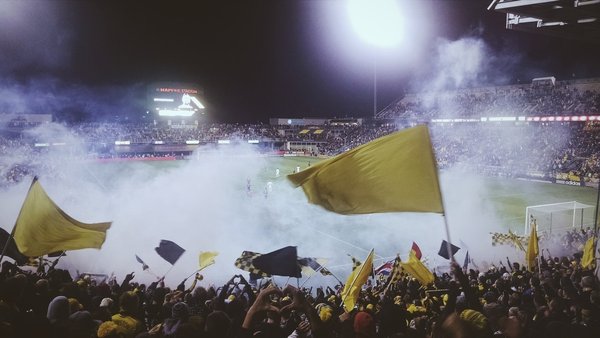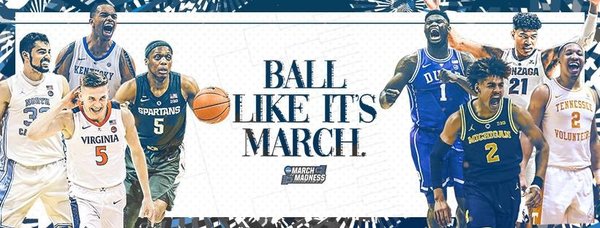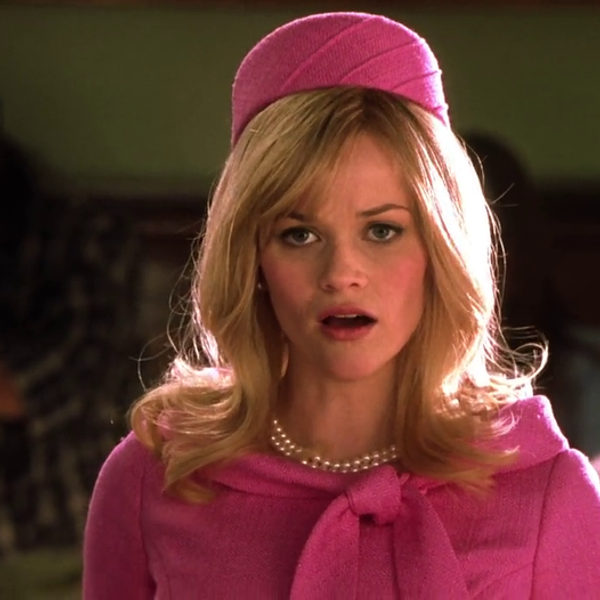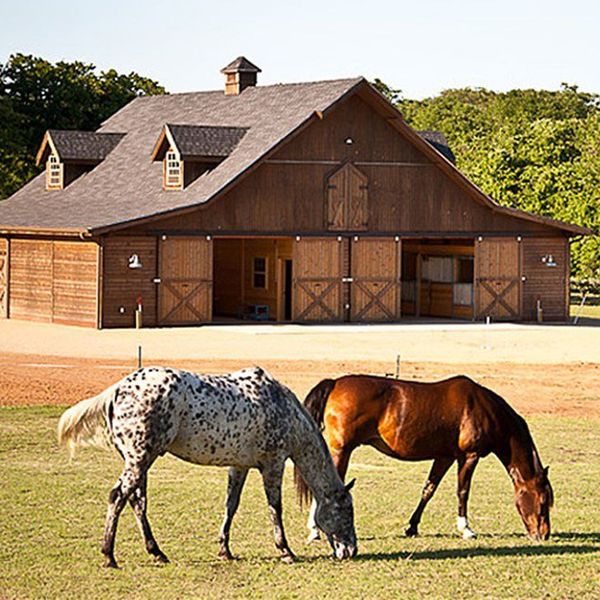The trade for Jimmy Butler to my Philadelphia 76ers was one that cemented the status of the Sixers as an established team with three superstars. While I was dismayed that we gave up core pieces of "The Process" in Robert Covington and Dario Saric, Butler adds an undeniable mental and athletic edge to the young and growing team, especially with Markelle Fultz's mysterious shoulder injury.
Finally, we have three players with star credentials in Ben Simmons, Joel Embiid, and Jimmy Butler. But naturally, with all-star talent comes all-star level egos, and Jimmy Butler recently made headlines where he allegedly "aggressively challenged" Coach Brett Brown during a team film session about his role in the offense, where some who witnessed the confrontation called it "disrespectful."
Already, about two months after trading for Butler, alarm bells have been ringing off in the minds of analysts and critics of the team. This was why he was traded from the Timberwolves, they said. This is why Jimmy Butler is a "locker room cancer."
But let's take a step back and look at the story of Jimmy Butler and how he came to be the star of Jimmy Butler we know today, in one of the stories of transcendent ascendance we have rarely seen in the NBA.
Jimmy Butler was once homeless in Tomball, Texas, a town outside of Houston as a teenager. His father abandoned the family as an infant, and his mother kicked him out of the house at 13, telling him "I don't like the look of you. You gotta go." With no means of surviving on his own, Butler survived by staying with families of different friends. Every couple of weeks, Butler had to move to another family's home.
His senior year of high school, he moved in with the family of his best friend, Jordan Leslie (now in the NFL). Leslie's mother, Michelle Lambert, was initially reluctant to take him in: Butler didn't have the best reputation in Tomball, and the family struggled with finances having to take care of seven kids. But they took him in under the condition that he was a good role model for the younger kids in Lambert's family. She would be a guiding force for the entirety of Butler's life.
"That's my family. That's Michelle Lambert. She is my mom," Butler said of her.
His story is often equated to the basketball version of The Blind Side, a movie about the life of Michael Oher, an NFL offensive tackle. The biographical movie features Oher's homelessness as well, his adoption by the Tuohy family, and subsequently becoming a first-round draft pick in the NFL.
But although Jimmy Butler graduated high school a talented basketball player, he didn't play in the AAU. He went to a Tyler Junior college before transferring to Marquette on scholarship. He received offers from many elite basketball programs, like Clemson, Kentucky, and Marquette, but ultimately, Lambert persuaded him to go to Marquette.
"That's a great academic school. I told him he should go [to Marquette] because basketball may not work out long-term. He needed a good education and a degree to fall back on."
At Marquette, Coach Buzz Williams stated that he'd never been harder on any player as much as he was on Butler. According to Williams, "I was ruthless on him because he didn't know how good he could be. He'd been told his whole life he wasn't good enough." He eventually became an elite college player who could seemingly do everything on the court: rebound, defend every position and lead the team.
Despite his adverse circumstances, Butler did not succeed because of the pity other people had for him, but rather from courage. When Butler was going through the draft combine in 2011 he urged Chad Ford of ESPN to not take an interpretation of his life story that made people feel sorry for him.
"I hate that. There's nothing to feel sorry about. I love what happened to me. It made me who I am. I'm grateful for the challenges I've faced. Please, don't make them feel sorry for me"
The unfavorable circumstances were turned into positives for Butler. Because of what he's overcome, he believes and inspires others to believe that they can overcome everything. I'm inspired by Butler's story in the mere writing of this article, and more so too by his career. This is a man who went from averaging 2.6 points per game his rookie year to becoming a four-time all-star, four-time all-defensive player. Butler's individual work ethic, determination, and drive are the best of the NBA. I believe it is true that he himself can do anything.
But can he will other people to do so? Is his intense style too headstrong for the players and coaches around him? It certainly was in Minnesota. But the media is also certainly reading too much into a small conflict and blowing it up. The Sixers have obviously been through their own share of adversity through the Process, evident in 10 and 18 win seasons. A team that has persisted and grown in the face of adversity, like the Sixers, can certainly withstand some drama of this small magnitude, and the expectation that a team clicks within two months of having its pieces together was unrealistic in the first place. If there's any coach I trust to get these pieces together, it's Brett Brown.
Since Jimmy Butler joined the team, the team has gone 16-5. He is clearly helping the team win, and I have complete faith that Butler and the Sixers will be fine, and that any growing pains the team goes through will all be for good.

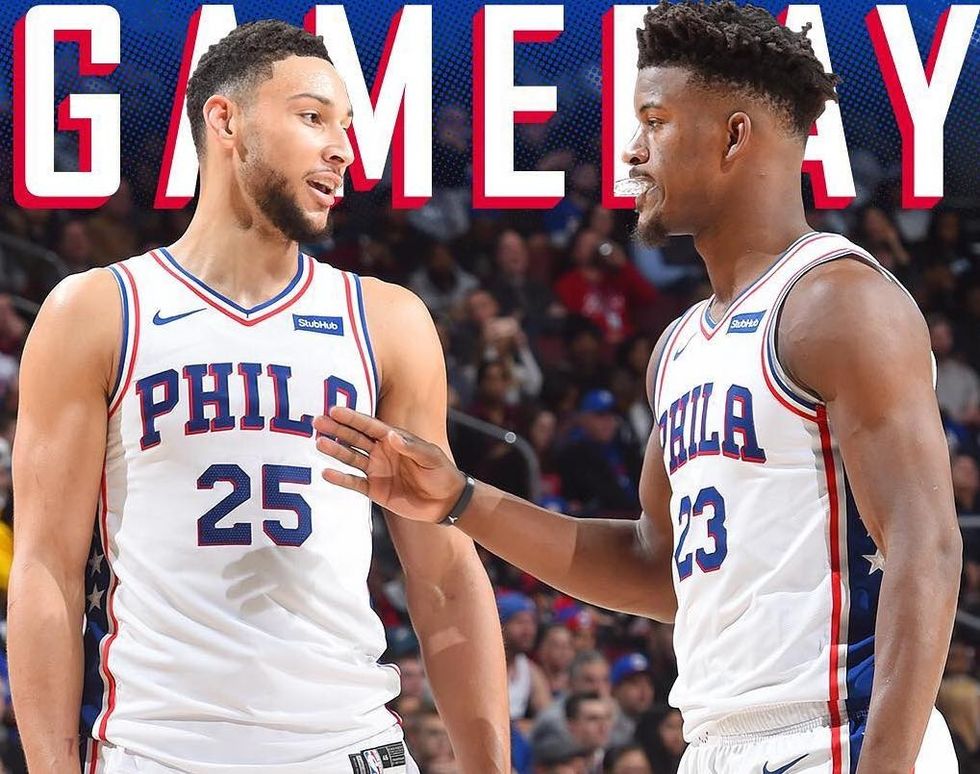




 The minimum wage is not a living wage.
StableDiffusion
The minimum wage is not a living wage.
StableDiffusion
 influential nations
StableDiffusion
influential nations
StableDiffusion



